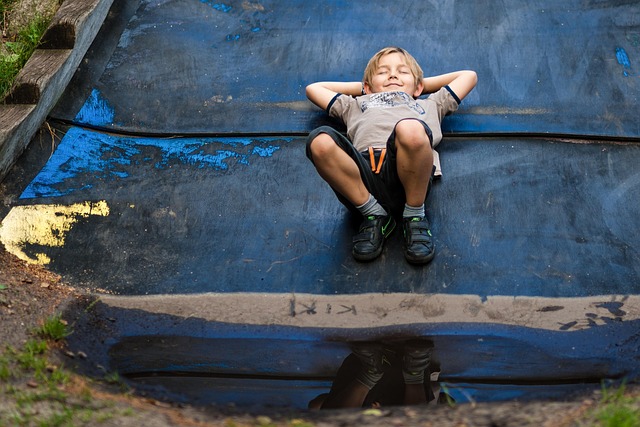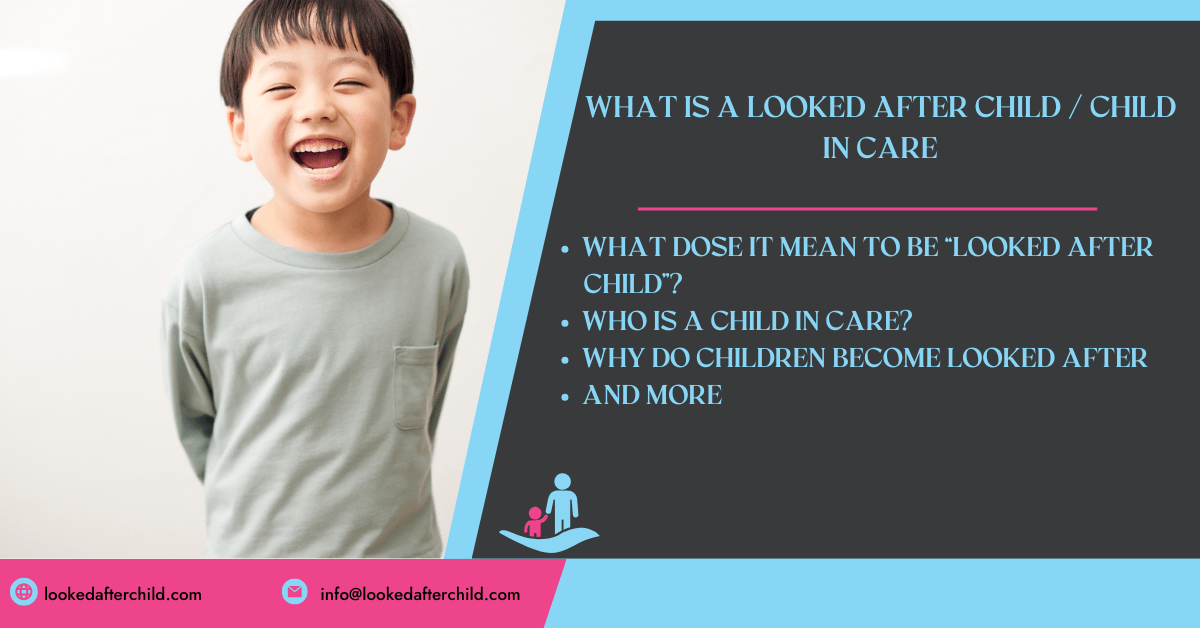Navigating the terminology of the UK social care system can often feel like learning a new language. Whether you are a foster carer, a residential childcare worker, or a family member, you will frequently hear terms like “Looked After Child” (LAC) and “Child in Care”.
While these terms are often used interchangeably in conversation, they have specific legal definitions rooted in the Children Act 1989. Understanding these definitions is the first step in providing the stability and advocacy these young people deserve.
Table Of Contents
What Does it Mean to be a “Looked After Child”?
In the United Kingdom, a Looked After Child is a legal term used to describe any child or young person (under the age of 18) who is in the care of their Local Authority (LA).
When a child becomes “looked after,” the Local Authority takes on the responsibility of being the Corporate Parent. This means the council has a collective responsibility to provide the best possible care and safeguarding for the child, focusing on their health, education, and emotional well-being, just as a good parent would.
A child stops being “looked after” when they turn 18, return home to their parents, or are adopted.
Who is a Child in Care?
A Child in Care is simply another way of saying a Looked After Child. While “Looked After Child” is the technical legislative term used by professionals and courts, “Child in Care” is often preferred by the young people themselves as it feels less bureaucratic.
These children come from all backgrounds and ethnicities. They might be living in:
- Foster Care: Living with a state-approved foster family.
- Residential Care: Living in a children’s home with support staff.
- Kinship Care: Living with a relative or friend who is approved as a foster carer.
- Semi-independent Living: For older teenagers (16+) preparing for adulthood.
Why Do Children Become Looked After?

The decision to bring a child into care is never taken lightly. It usually happens when a child cannot live with their birth parents because it is no longer safe or their needs cannot be met.
Common reasons a child may enter the care system include:
- Abuse or Neglect: The child has suffered, or is at risk of suffering, significant harm (physical, emotional, or sexual abuse).
- Family Dysfunction: The parents are unable to cope due to illness, addiction, or mental health issues.
- Breakdown of Relationships: Acute stress or conflict within the family home.
- Unaccompanied Asylum Seeking Children (UASC): Children arriving in the UK without a parent or guardian.
- Remand: A child may become looked after if they are remanded to local authority accommodation by a youth court.
What Legal Sections Are Children Placed On?
In England and Wales, the legal route a child takes into care determines the Local Authority’s level of parental responsibility. This is governed by the Children Act 1989.
The two most common sections are Section 20 and Section 31.
Section 20: Voluntary Accommodation
This is a voluntary agreement between the Local Authority and the parents (or the young person if they are 16+).
- Consent: The parents agree to let the child enter care.
- Parental Responsibility: The parents retain full Parental Responsibility (PR). The Local Authority does not have PR but provides accommodation.
- Right to Remove: Parents can generally remove the child from care at any time (unless there are immediate safeguarding concerns that trigger police protection).
- Read our dedicated Artice about Section 20: Voluntary Accommodation
Section 31: Care Orders
This is a court-mandated order. The Local Authority applies to the court because they believe the child is suffering, or is likely to suffer, significant harm.
- Shared Responsibility: The Local Authority gains Parental Responsibility, which they share with the parents.
- Decision Making: However, the Local Authority has the power to determine how PR is exercised (e.g., deciding where the child lives) to safeguard the child’s welfare.
- Permanence: This is usually a longer-term arrangement than Section 20.
- Read our dedicated article on Section 31: Care Orders
Other Types of Sections Relating to Care:
- Section 46 (Police Protection)
- Section 44 (Emergency Protection Order)
- Section 47 (Investigation)
- Section 17 (Child in need)
Are Adopted Children Classed as Children in Care?
This is a very common question. The short answer is no.
Once an Adoption Order is granted by the court, the child legally becomes a member of their adoptive family. The Local Authority’s role as a “Corporate Parent” ends, and the child is no longer considered a “Looked After Child.”
However, before the final Adoption Order is made—while the child is placed with prospective adopters—they remain a Looked After Child.
Other Terms for Children in Care
You may see various acronyms and terms used in reports, care plans, and meetings. It is helpful to familiarize yourself with them:
- LAC: Looked After Child (The traditional acronym, though some LAs are moving away from it as some young people feel it sounds like “lacking”).
- CLA: Child Looked After (The preferred acronym in many modern healthcare and education settings).
- Care Experienced: A term often used by adults or older teenagers who have spent time in the care system. It honors their history without labelling their current status.
Articles that may help
- Everything You Need to Know About LAC / CLA Reviews: A Comprehensive Guide
- What is Pupil Premium
- Supporting Looked After Children and Young Adults With Technology.
- Supporting Looked After Children who have suffered from Sexual Abuse: Resources and Support


0 Comments